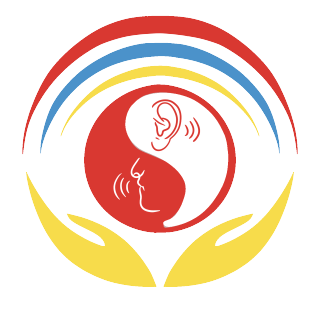Aphasia Therapy
Aphasia Therapy: Regaining Communication After Brain Injury
Aphasia is a communication disorder that arises from damage to the parts of the brain responsible for language processing. It can occur after a stroke, brain injury, or tumor. While there is no cure for aphasia, aphasia therapy offers significant support in helping individuals regain lost communication skills or develop new strategies for effective expression.
Impact of Aphasia:
Aphasia can affect various aspects of communication, including:
Speaking: Difficulty finding words, expressing thoughts clearly, or forming grammatically correct sentences.
Understanding: Challenges in comprehending spoken language, following conversations, or interpreting instructions.
Reading: Difficulty reading and understanding written words or sentences.
Writing: Inability to write words or sentences clearly or express thoughts effectively in writing.
The severity and type of aphasia vary depending on the location and extent of brain damage. Some individuals might experience mild aphasia with occasional word-finding difficulties, while others might have more severe aphasia impacting all aspects of communication.
Goals of Aphasia Therapy:
Aphasia therapy focuses on maximizing an individual’s communication abilities by:
Recovering lost skills: Through targeted exercises, therapy aims to stimulate dormant language areas of the brain and reawaken lost communication abilities.
Developing compensatory strategies: Therapists help individuals find alternative ways to express themselves, such as using gestures, pictures, or communication devices.
Improving communication effectiveness: Therapy focuses on enhancing remaining communication skills to promote better interaction and participation in daily life.
Building confidence and self-esteem: Aphasia therapy empowers individuals to communicate despite their challenges, fostering confidence and a sense of control over their communication abilities.
The Aphasia Therapy Process:
There’s no one-size-fits-all approach to aphasia therapy. Our experienced Speech-Language Pathologists (SLPs) at Navjeevan create personalized therapy plans based on the individual’s specific needs and type of aphasia. Therapy sessions might involve:
Stimulation Techniques: Activities designed to stimulate the brain and reawaken dormant language skills. This could involve naming pictures, completing sentences, or practicing specific sounds.
Repetition and Practice Exercises: Repetition of words, phrases, and sentences helps strengthen existing language abilities and improve fluency.
Alternative Communication Methods: Therapists might introduce picture boards, electronic communication devices, or other tools to support expression for individuals with severe aphasia.
Strategies for Improved Comprehension: Exercises to enhance listening skills, such as focusing on keywords, following directions, or using visual cues to aid understanding.
Importance of Early Intervention:
Early intervention is crucial for maximizing recovery after aphasia. If you or a loved one has experienced a stroke or brain injury, talk to your doctor about the possibility of aphasia and seek a speech-language evaluation as soon as possible.
Living with Aphasia:
Aphasia can be a life-altering condition, but with therapy and support, individuals can learn to communicate effectively and live fulfilling lives. Aphasia therapy empowers individuals to:
Regain some level of communication and independence.
Reconnect with loved ones and participate more actively in social interactions.
Reduce frustration and improve overall well-being.
Navjeevan: Your Partner in Aphasia Recovery
At Navjeevan, we understand the challenges of aphasia. Our compassionate and experienced SLPs are dedicated to helping individuals with aphasia regain their voice and improve their communication abilities. Contact us today to schedule a consultation and discuss how we can support you or your loved one on the journey towards aphasia recovery.
